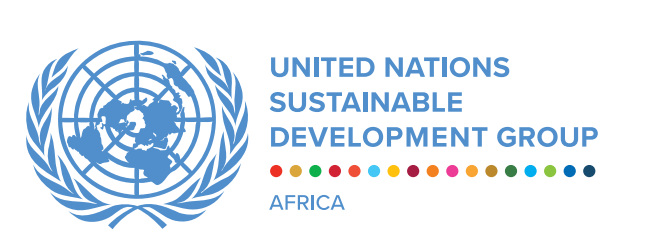The COVID-19 pandemic is straining public health systems, triggering unprecedented measures by governments around the world, including movement restrictions and shelter-in-place orders. Women are disproportionally represented in the health and social services sectors, increasing their risk of exposure to the disease. Stress, limited mobility and livelihood disruptions also increase women’s and girls’ vulnerability to gender-based violence and exploitation. And if health systems redirect resources away from sexual and reproductive health services, women’s access to family planning, antenatal care and other critical services could suffer.
UNFPA is on the ground, distributing personal protective equipment for health workers and supporting health systems where needed. UNFPA is also supporting efforts to learn more about the virus and its impact to better serve the most vulnerable. “While fear and uncertainty are natural responses to the coronavirus, we must be guided by facts and solid information,” said Dr. Natalia Kanem, UNFPA’s Executive Director. “We must stand together in solidarity, fight stigma and discrimination, and ensure that people get the information and services they need.”
UNFPA has outlined its response in a number of guidance documents available on UNFPA's global site.
In West and Central Africa UNFPA BRAOC maintains its commitment to governments and partners to prioritize the care of the specific needs of women and girls, in accordance with the agency's objectives to end the unmet needs of family planning, preventable maternal mortality, and gender-based violence and harmful practices by 2030.
The aim is to help governments guarantee continuity in the quality of reproductive, maternal, newborn, child and adolescent health services. In all countries of the region, UNFPA seeks to strengthen health systems, including emergency obstetric care, routine antenatal care, and postnatal care, as well as family planning and response services. gender-based violence
In the implementation of his preparation and response plan to Covid-19, the UNFPA regional director for West and Central Africa, Mabingue Ngom is optimistic that UNFPA will draw lessons from her experience in fighting Ebola virus disease to contain and mitigate the impact of COVID-19 on young people and women, especially pregnant women.
Acting Chairman of the Group of Regional Directors for West and Central Africa, Mabingue Ngom, stressed that it was essential that the United Nations focus on strategic interventions that will help governments prepare for COVID- 19 and respond to it in affected countries.
Disease outbreaks affect women and men differently, and pandemics make existing inequalities for women and girls and discrimination of other marginalized groups such as persons with disabilities and those in extreme poverty, worse. This needs to be considered, given the different impacts surrounding detection and access to treatment for women and men.
Women represent 70 percent of the health and social sector workforce globally and special attention should be given to how their work environment may expose them to discrimination, as well as thinking about their sexual and reproductive health and psychosocial needs as frontline health workers.
Additional information and technical guidance are available at the links below.
COVID-19: A Gender Lens Global Response Appeal Modern Contraceptives GBV and Coronavirus
Maternal and Newborn Health & COVID-19 Young People & Coronavirus Implications of COVID-19 on Census
COVID-19 Technical Brief for Maternity Services UNFPA Global Response Plan COVID-19 Frequently Asked Questions

